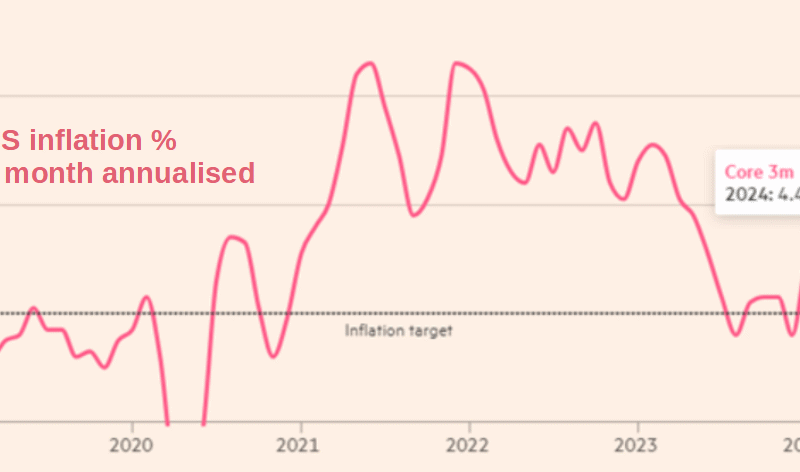By Andy Ford, Warrington South CLP
The BBC Radio 4 programme Magic Money Forest was a good look at the huge amounts of money – £450 billion this year alone – created by this Conservative government.
The programme, still available to listen to on BBC i-player, begins with a very striking clip of David Cameron, in his best Old Etonian, crisply declaring: “It’s as if they think there is a magic money tree. And. Let me tell you. The plain truth. There isn’t“. But now Rishi Sunak seems to have found the magic tree in his back garden.
QE and government ‘gilts’
Robert Chope, of the Office of Budget Responsibility, explained how government money is created. The government sells ‘gilts’ – government bonds – in the financial markets. Banks and pension funds buy them, but if they later want to sell them, the Bank of England stands ready to buy. And they buy them with money they have just created electronically. It sounds strange, but banks ‘create’ money every day. If you borrow £10,000 to buy a car, the bank doesn’t look in its vault for £10,000 deposited by someone else; they just create a balance in your account for that much. In effect they ‘create’ £10,000.
The mass creation of money by the Bank of England (and other government central banks), termed Quantitative Easing (QE), was first utilised in modern times in the “blind panic” (Sir Robert Chope’s words) of the 2008 crash. Since 2008-9, the UK government has created £815 billion-worth. But QE goes back to the 1930s. In fact, by a different name, it was a big part of the Nazi economy and how they paid for their arms build-up before the War.
This is a different crisis to 2008-9. Then, the money was created to plug the black holes in the accounts of all the major banks. In fact, New Scientist estimated that the British banks lost more money in those two years than they had all made in profit in the 300 years since the founding of the Bank of England in 1694. The aim of QE then was to preserve asset prices, especially the stock market, and in this it has been successful. But the reality is that asset owners, primarily capitalists, see their wealth stabilise and grow while everyone else, the working and middle classes, are left behind. QE has fuelled a vast increase in inequality across the capitalist world.
Money spent on real things
In this Covid crisis, government money is spent on real things – salaries for workers on furlough, medical supplies, PPE and subsidies to businesses. And so far, that has led to another £450 billion of created, ‘magic money’.
The question the BBC programme asked was “will there be a day of reckoning?” They interviewed former Chancellor Phillip ‘Spreadsheet’ Hammond, who said it would be best to pay it back as soon as possible, just like the austerity he imposed after 2010. “We have to live within our means“, was his Thatcher-style argument. In 1979, Thatcher said that she had to run the government budget “like a housewife runs her housekeeping”. That ludicrous argument was challenged at the time – as it was pointed out, by Thatcher’s logic, no-one would ever take on a mortgage!
However, another expert on the programme explained that the debt of a country is nothing like household debt. The issue is not the total amount of debt but whether the debt can be serviced. She pointed out that although two thirds of the debt has been contracted at near-zero interest rates, there is the problem of the other third. And a third of one thousand billion (a trillion) pounds is a lot of money!
Which tax rises and which cuts?
To pay this off, it has been suggested, taxes could rise and/or public services cut; the question is which taxes and which services? The programme argued that we are simply in uncharted territory and no-one knows what will happen next. It finished with Stephanie Kelton, a leading proponent of Modern Monetary Theory (MMT) and author of The Deficit Myth, who claimed that there is actually no need run a balanced budget over the medium term. That looks like an economic version of a perpetual motion machine. And Michael Roberts has already effectively debunked the claims of the MMT theorists. (https://digitalcommons.fiu.edu/classracecorporatepower/vol7/iss1/1/).
So what of the future? Rishi Sunak’s autumn statement mapped it out clearly. For us it will mean pay freezes, a freeze on Universal Credit and fire and rehire to worsen wages and conditions. state For the rich, it will mean state support and QE for the stock market, ongoing toleration of tax avoidance and money-laundering for the Russian mafia for wealthy hedge funds.
The answer has to be that the trade unions will have to step up. They will need to defend their members’ living standards, to organise the unorganised, and stop giving blank cheques to Keir Starmer. If they fail, they are looking at disaster.
December 31, 2020



